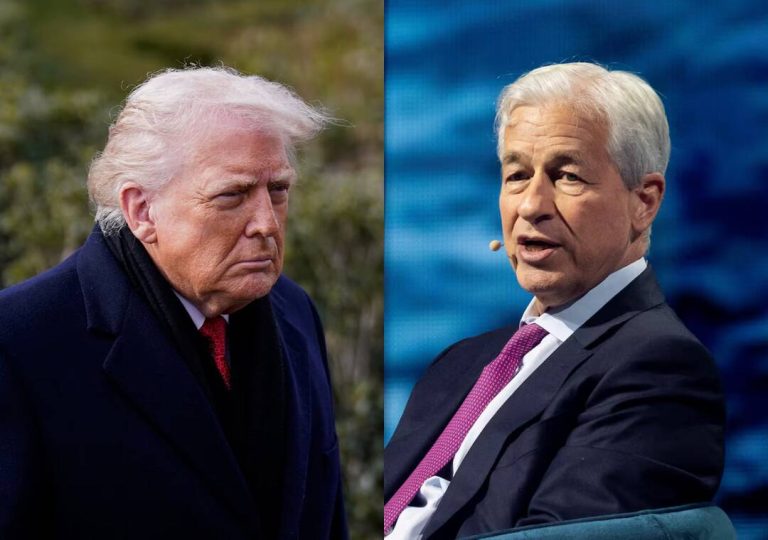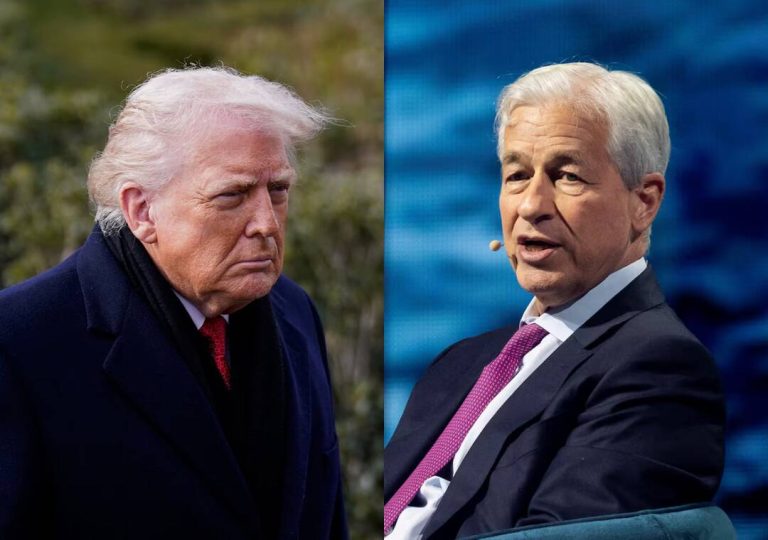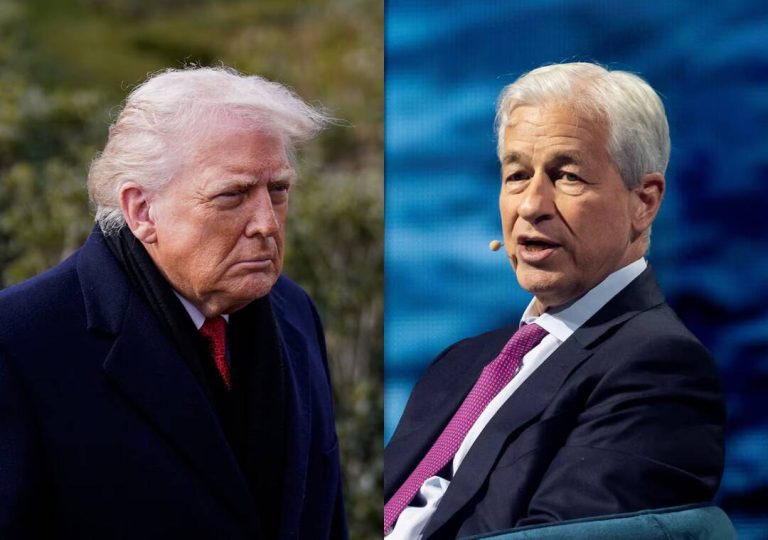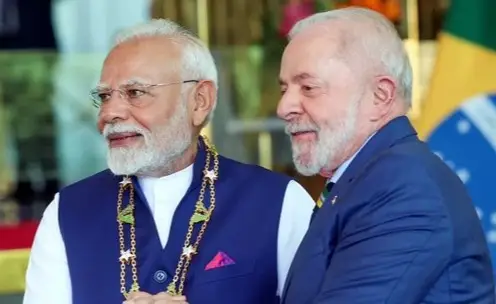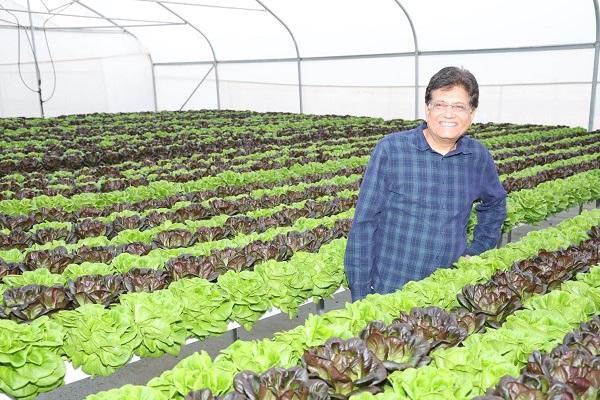
Piyush Goyal explores tech & sustainability in Israel
As part of his ongoing visit to Israel, Commerce and Industry Minister Piyush Goyal has been immersing himself in the country’s cutting-edge technology and innovative approaches to sustainability. From witnessing world-class mobility solutions to experiencing community-driven sustainable agriculture, Goyal’s trip has been a whirlwind tour of the best that Israel has to offer. But beyond the sights and sounds, Goyal’s visit has also been focused on laying the groundwork for a free trade agreement (FTA) between India and Israel, a move that could have significant implications for the economic relationship between the two countries.
One of the highlights of Goyal’s trip was his visit to a state-of-the-art mobility technology facility, where he was able to see firsthand the latest advancements in transportation technology. Israel is renowned for its innovative approach to mobility, with companies like Waze and Mobileye leading the charge in the development of autonomous vehicles and smart transportation systems. Goyal was impressed by the cutting-edge technology on display, and saw clear opportunities for India to learn from Israel’s expertise in this area.
But Goyal’s visit was not just about technology – he also had the opportunity to witness community-driven sustainable agriculture in action. Israel is a global leader in agricultural innovation, and its approach to sustainable farming has been widely praised. Goyal visited a number of agricultural communities, where he saw firsthand the innovative techniques being used to promote sustainable agriculture and reduce the environmental impact of farming. He was particularly impressed by the use of precision agriculture, which uses advanced technology to optimize crop yields and reduce waste.
Goyal’s visit to Israel’s agricultural communities was also a chance for him to see the country’s famous kibbutzim, communal farms that have been a cornerstone of Israeli society for decades. The kibbutzim are not just agricultural communities – they are also thriving examples of community-driven sustainability, where residents work together to promote environmental stewardship and social responsibility. Goyal was struck by the sense of community and cooperation that he saw in the kibbutzim, and saw clear parallels with India’s own cooperative movement.
Of course, Goyal’s visit to Israel was not just about sightseeing – it was also a chance for him to discuss the possibility of a free trade agreement (FTA) between the two countries. India and Israel have been negotiating an FTA for several years, but progress has been slow. Goyal’s visit was seen as an opportunity to inject new momentum into the talks, and to identify areas where the two countries can work together to promote trade and investment.
In a statement, Goyal said that he was “optimistic” about the prospects for an FTA between India and Israel, and highlighted the potential benefits of such an agreement. “An FTA between India and Israel would be a win-win for both countries,” he said. “It would provide a boost to our bilateral trade, and create new opportunities for businesses and investors in both countries.” Goyal also emphasized the importance of promoting trade and investment between the two countries, particularly in areas like technology and sustainability.
As Goyal’s visit to Israel comes to a close, it is clear that his trip has been a success. From witnessing world-class mobility technology to experiencing community-driven sustainable agriculture, Goyal has seen the best of what Israel has to offer. And with the possibility of an FTA between the two countries on the horizon, it is likely that Goyal’s visit will have a lasting impact on the economic relationship between India and Israel.
As India looks to promote its own economic development and sustainable growth, it is likely that the country will look to Israel as a model for innovation and sustainability. Israel’s approach to technology and sustainability is widely admired, and its companies are at the forefront of global innovation. By learning from Israel’s expertise and experience, India can promote its own economic growth and development, and create a more sustainable future for its citizens.
In conclusion, Piyush Goyal’s visit to Israel has been a significant step forward in promoting the economic relationship between the two countries. From witnessing world-class mobility technology to experiencing community-driven sustainable agriculture, Goyal has seen the best of what Israel has to offer. And with the possibility of an FTA between the two countries on the horizon, it is likely that Goyal’s visit will have a lasting impact on the economic relationship between India and Israel.
